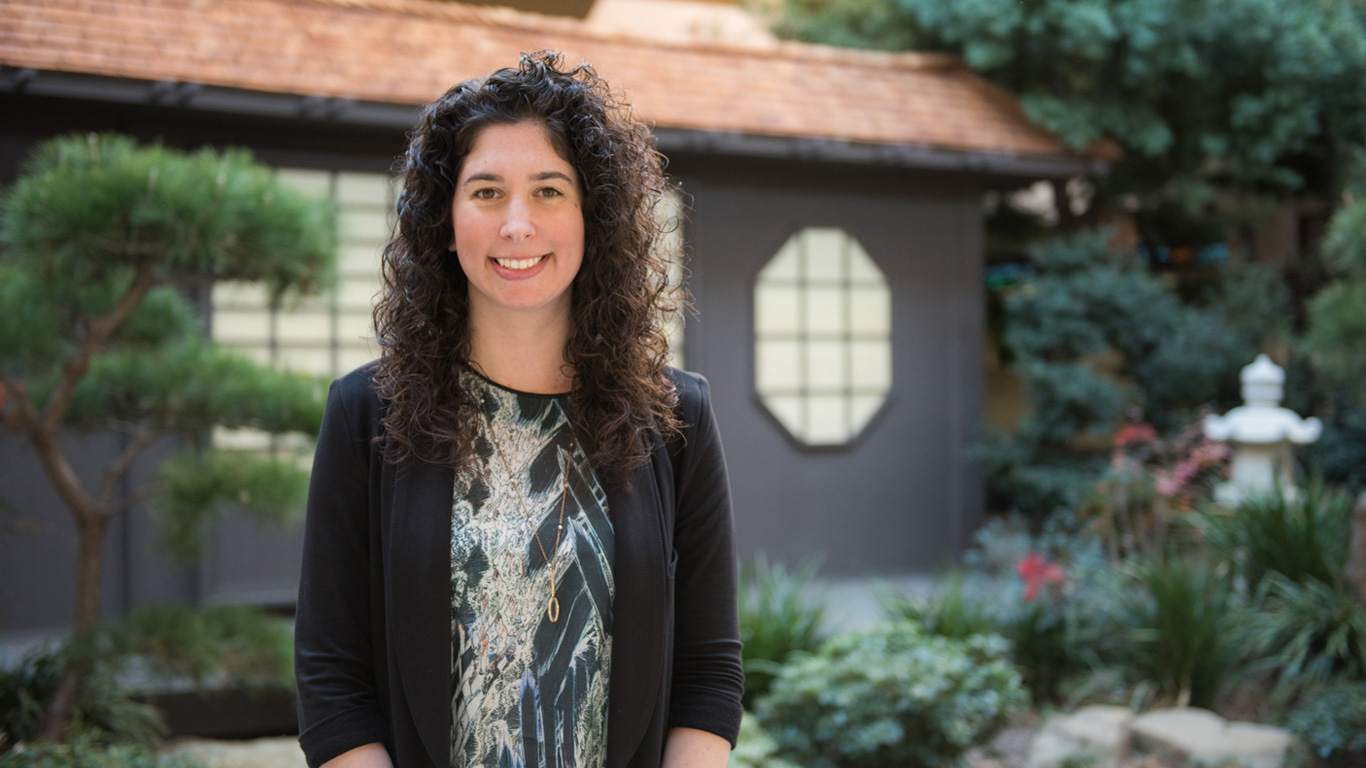
Shari R. Berkowitz, an assistant professor at California State University, Dominguez Hills (CSUDH), and her fellow researchers provide the first empirical evidence that sleep deprivation increases the risk an innocent person will falsely confess to an act of wrongdoing.
Berkowitz and her colleagues published their paper “Sleep deprivation and false confessions,” in the Proceedings of the National Academy of Sciences (PNAS). Berkowitz assisted in designing the experiment, creating the research materials, and writing the paper.
The researchers’ breakthrough study found that after a single request, the odds of participants providing a false admission were 4.5 times higher if they had been deprived of sleep for 24 hours than if they had slept eight hours the night before.
“We know false confessions happen, but these findings shed light on a new factor-sleep deprivation- which may lead people to be more likely to falsely confess,” said Berkowitz, who teaches criminal justice administration at CSUDH.
The results have significant implications for those who interrogate individuals. Previous research indicates that law enforcement sometimes interrogate unrested or sleep-deprived suspects, but the study’s findings suggest that caution may be warranted. It found that innocent suspects can and do falsely confess to crimes they never committed; false confessions have played a role in approximately 25 percent of DNA exonerations in the United States.
We know false confessions happen, but these findings shed light on a new factor. – Shari Berkowitz
Along with Berkowitz, the research was conducted by Steven J. Frenda of the New School for Social Research, Professor Elizabeth F. Loftus, University of California, Irvine, and Kimberly M. Fenn, associate professor of psychology at Michigan State University (MSU).
Conducting the Research
The experiment, conducted at MSU’s Sleep and Learning Lab, consisted of 88 participants who completed several computer tasks and questionnaires in the laboratory (Session 1). Participants were repeatedly (and falsely) warned that they should not press the “escape” key on their computer keyboards, as it would cause the loss of “valuable data.”
Approximately one week later, participants returned to the lab (Session 2). Half were assigned to sleep for eight hours while the other half stayed awake overnight. The next morning (Session 3), participants received a statement summarizing their prior activities in the lab. The statement included a false accusation that they had pressed the escape key during Session 1. Participants were then asked to sign the statement, and check a box confirming its accuracy.
After a single request, the results showed that 50 percent of sleep-deprived participants signed the statement, while only 18 percent of rested participants, as did.
Participants who reported being particularly sleepy, as indicated by their response on the Stanford Sleepiness Scale, were more likely to sign the statement regardless of whether they were awake all night or sleeping in the lab.
The research also indicated that sleep-deprived participants who displayed impulsive problem-solving styles, as measured by the Cognitive Reflection Test, were especially likely to falsely admit to the wrongdoing.”‹
“Further research on the effects of sleep deprivation on innocent and guilty suspects is needed, but it is exciting to know that these findings provide an important first step linking sleep deprivation and false confessions,” said Berkowitz.